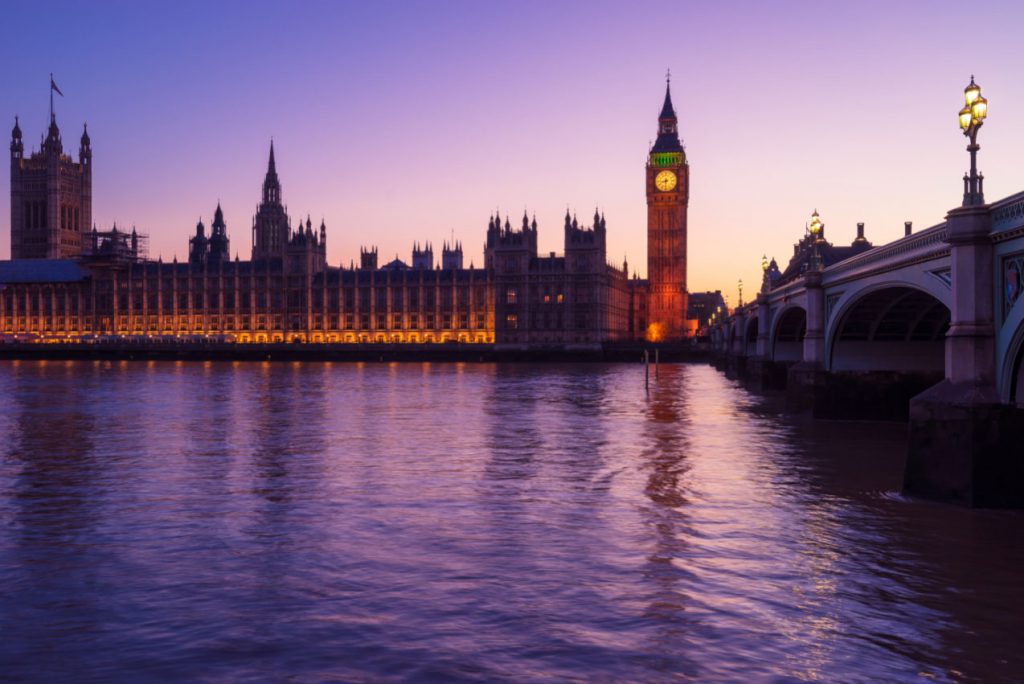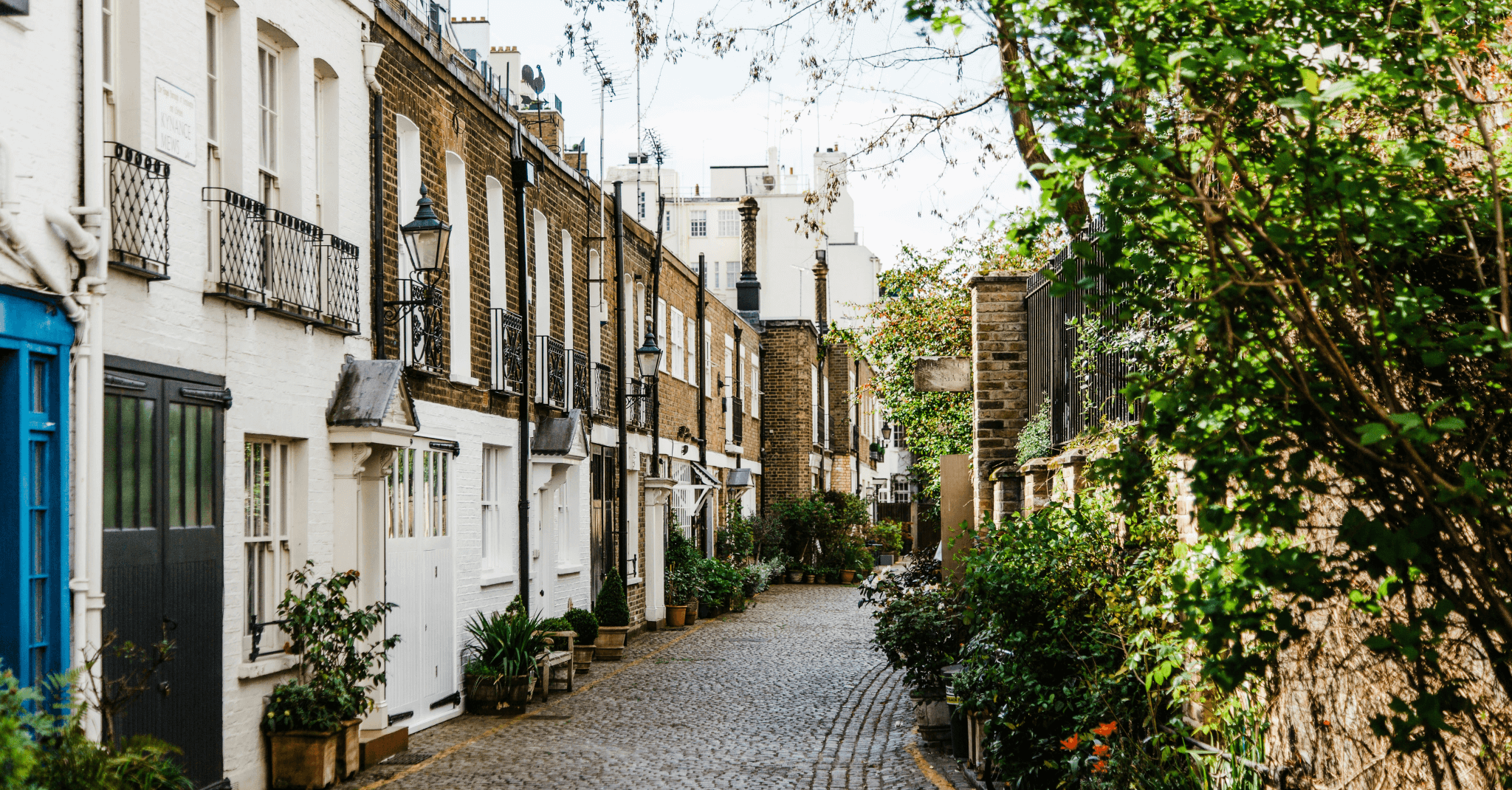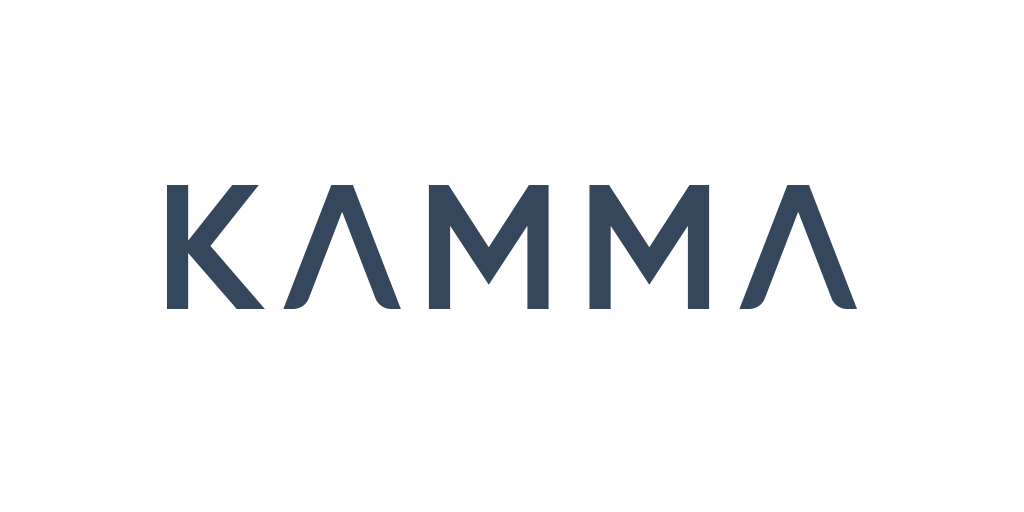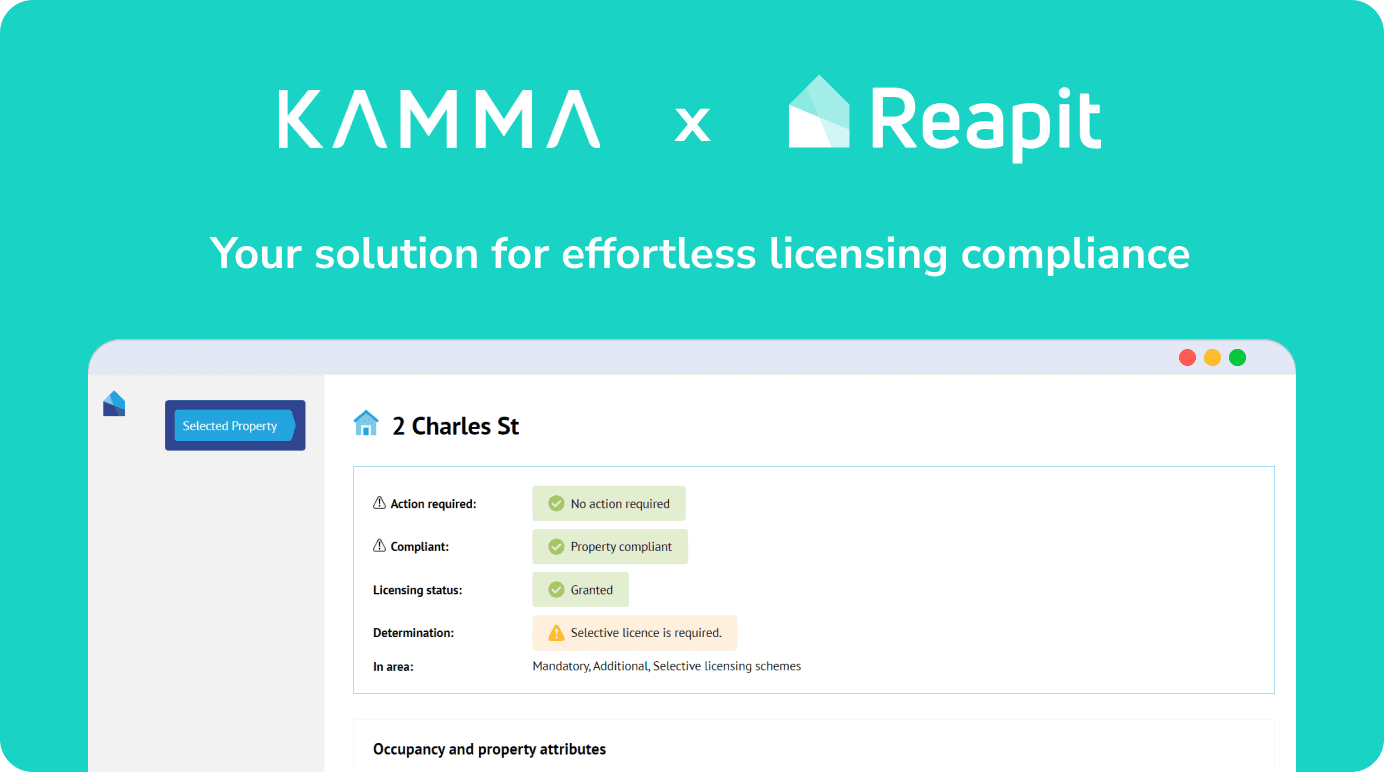- What we do What we do
- How we can help How we can help
- Insights Insights
- About About
- Support Support
- Book a Demo
How MHCLG and local authorities are improving living conditions for tenants in the PRS
The Private Rented Sector (PRS) is undergoing significant change in particular for Houses in Multiple Occupation (HMOs). The sector has undergone rapid growth and MHCLG and local authorities are collaborating to improve living conditions for renters now more than ever. From rogue landlord and agent databases to stricter controls on health and safety, these have significant impacts for UK letting agents.
The PRS is undergoing significant change in particular for HMOs, for the better protection of tenants. There are 4.7 million households in England living in the PRS. The sector has undergone rapid growth over the last ten years and It represents 20 per cent of all households in England.

HMOs form a vital part of this sector, often providing accommodation for some of the UK’s most vulnerable tenants. HMOs are known to be commonly occupied by students but there are also a growing number of young professionals and migrant workers sharing houses and flats. These groups, need more protection and safer living conditions. In 2018 MHCLG issued new guidance for local authorities to implement changes to HMOs following a series of new guidelines to help improve living standards.
Tighter regulation of licensing laws applicable to HMOs
Property licensing exists to ensure that residential accommodation within the PRS is safe, well managed and of good quality with a particular focus on safety. It can be complex for letting agents to know what rules and regulations apply to properties on their books especially as on average 8 licenses per week are introduced.
As of October 2018, the government has mandated some much-needed controls regarding HMOs and the process of turning a single building into multiple dwellings. When rental circumstances change, such as new tenant cohabiting with an existing tenant, new conditions and licences may apply. Sometimes this can be an honest mistake where fines have been issued to landlords or agents, however, If this information is not known it is no longer possible to avoid a fine on that basis. Regular inspections and communications with tenants is expected to ensure updated living conditions are reported to all parties – including a new license is required to the local authority.
The license for an extra tenant(s) living in the property ensures there is no overcrowding, that there are sufficient facilities and that the property is meeting required health and safety standards for all those living there.
Kamma’s (formerly GetRentr) unique dataset visually displays a dashboard or your properties, highlighting to you and your landlords which properties are subject to mandatory, additional and selective licensing schemes. This ultimately helps you avoid fines and helps to protect your reputation.
This also applies for licenses for a planning application. Giving you and your landlords peace of mind.
The Homes (Fitness for Human Habitation) Act
This is an update to the Landlord and Tenant Act 1985. The Homes (Fitness for Human Habitation) Act which gained Royal Assent in December 2018, will have a positive impact on the collaboration between local authorities, tenants, landlords and agents. This will likely mean there will be new additional or selective licensing requirements to rental properties. This Act will provide local authorities with the power to enforce new licensing needs to ensure better property management and tenant protection within their boroughs.
Karen Buck MP’s private members’ bill began in 2016 and immediately received cross-party support over the 3-year process to get through parliament. The key aim here is to ensure better standards of living to protect tenants at the beginning of, and during the term of each tenancy.
Closer regulation of health and safety checks
If you manage any HMOs, you and your and landlords are required by law to ensure that the electrical installation is regularly tested and up to date, with certificates to prove this when required by your local authority. This applies when tenants move in, as well as throughout the duration of the tenancy. This is another good step in relation to the protection of tenants by local authority regulation enforcement. However, it is a further obligation for agents and landlords to manage.
Some additional licensing requirements may apply to specific properties and addresses – these licenses mean that there are additional conditions and often updates to the property needed prior to it being officially granted a license for tenancy occupation. This is again another measure to make the property more habitable and safe for the tenants.
Kamma can help provide you property licensing requirements for all your properties; whether mandatory, selective or additional and on what dates those licenses expire and need renewals. Leaving you and your landlords in control.
Tenancy fee ban
We have covered our thoughts on the tenancy fee ban in more detail in our fee ban article. But this is clearly one other way local authorities are protecting tenants from uncontrolled costs and charges associated with renting a property. More transparent controls on behalf of tenants is required to create a more fair and equal playing field when renting a property. This will come into effect from June 1st 2019.
Taking this into account Kamma can offer agents a new revenue stream; managing property licensing on behalf of your landlords allows you to offer value added services to them, and allow you to easily stay in control of your portfolio. This can become a chargeable service you offer and enables you to differentiate your agency from the rest of the market. This will help you recoup future lost tenancy fee revenue quickly and easily.
Rogue Landlord and Agent database
In April 2018, the MHCLG published statutory guidance for a database of rogue landlords and property agents under the Housing and Planning Act 2016. This guidance is for local authorities and property agents – even with a link to a quick start guide to help make the content easier to digest. This guide shows you how to log in, how to make an entry, and also how to search for a landlord prior to taking them onto your books.
A great way to ensure digital collaboration and real-time access to keep the PRS current and safe.
Right to buy schemes
These continue to open the door for housing association tenants to purchase their homes. This scheme was a huge step change in the collaborative relationship between local authorities, the government and housing association tenants. Social housing tenants have long been able to purchase their homes however James Brokenshire’s Midlands Voluntary Right to Buy pilot launched a vast £200 million pilot in 2018 continuing the trend for property purchase obsession and in his words:
“…is the first step in helping housing association tenants realise their dream of home ownership.”
However, should it really be viewed as realising a dream to own a home? We believe it is more important for individuals to live in a safe habitable home, whether it is owned or rented, and that is what everyone should be obsessing about.
Contact us for a free demo to see how Kamma can help you manage property compliance for your agency and for your landlords, and to help prevent you from prosecution.

New insights: how does EPC data impact affordability assessments?
Accurate energy performance data is a must to ensure mortgage lenders can accurately assess affordability and reduce risk – here’s why.
Read more
Kamma’s Response to CVE-2024-0394 (XZ Utils Backdoor)
Last week security researchers publicised a malicious back door in the XZ Utils library, a widely used suite of software that gives developers lossless compression and is commonly used for compressing software releases and Linux kernel images. The backdoor could, under certain circumstances be used to run unauthorised code via the encrypted SSH connection protocol. […]
Read more
Licensing Compliance Simplified: The Kamma-Reapit Integration
The Kamma app is officially live on the Reapit marketplace! This integration arrives just in time to confront the introduction of fifteen new licensing schemes and six current consultations in the first half of the year alone. Kamma’s Reapit integration empowers you to effortlessly manage your licensing compliance through: How does the app work with […]
Read more
Subscribe to the Kamma Newsletters
Regular news, information and insights from Kamma. No spam. Unsubscribe at any time.
Subscribing ...
Sorry, we really want to but we couldn't subscribe you due to missing or incorrect information; please update the information that's highlighted in red and try again.
Well this is awkward. Something went wrong on the internet between your browser and our newletter subscription service. Please let us know and we'll do our best to fix it for you.
Thanks for subscribing! Check your Inbox in a short while for a confirmation email to check it was really you that just subscribed. If you've already subscribed, we'll keep your subscription but you won't receive a confirmation email this time.
